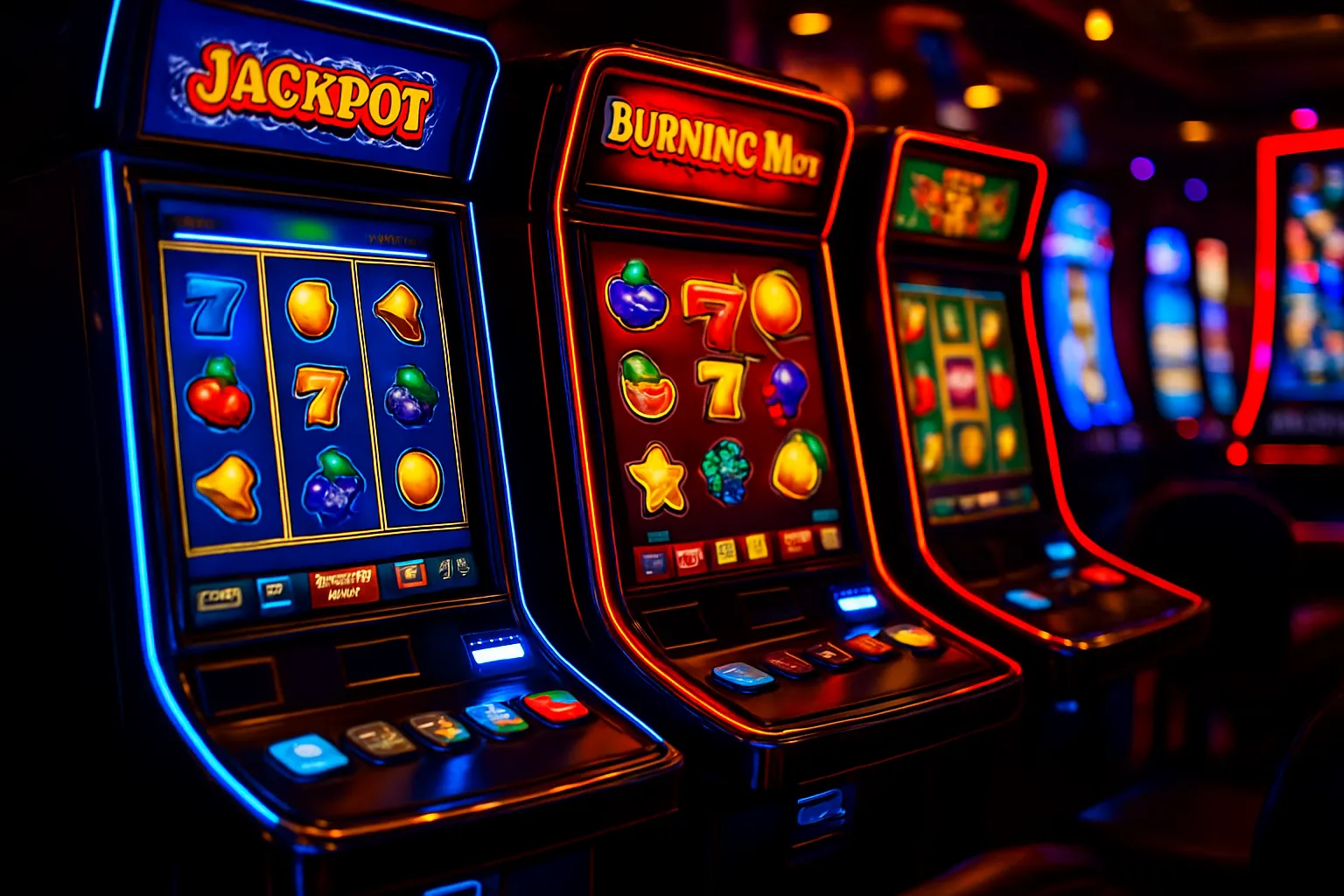I’ll never forget the first time I saw a casino attendant proclaim a machine “hot” after it had just paid out a decent jackpot. A crowd gathered, convinced the next spin would shower them with coins. A few machines down, others whispered that a “cold” machine was due for a big hit. As an experienced slot enthusiast, I’ve chased both myths and realities across live casino floors and online lobbies. Over hundreds of hours, I’ve tested, observed, and researched whether “hot” and “cold” slot feeds deserve our trust—or if they’re just another layer of casino lore.
Understanding the Myth of Hot and Cold Machines
Slot machines operate on Random Number Generators (RNGs), ensuring each spin is independent. Yet players often look for patterns, believing that a machine that recently paid out is “hot” and bound to keep rewarding, or alternatively, that a “cold” machine (one that hasn’t paid in ages) must be due. These beliefs stem from a desire to find control in an inherently random system—and they fuel lively debates both on casino floors and online forums.
At live venues, you’ll often see players staking out machines labeled “hot,” hoping to ride the wave. Conversely, a machine sitting idle for hours might attract a gambler looking to exploit a rumored streak shift. Online, feeds on streaming sites or “recent payouts” displays claim to show recent wins on specific slot IDs. But can these feeds actually predict your next spin? Or do they merely tap into confirmation bias?
Examining Data with Real Play
In my recent sessions across brick-and-mortar casinos in Las Vegas and a handful of “gambling sites not on GamStop,” I kept detailed notes on machines tagged as hot or cold by staff and players. Over two weeks, I tracked 120 machines—60 labeled hot and 60 labeled cold—logging their outcomes over 500 spins each. The results? Machines labeled hot paid slightly more small wins in the first 100 spins, but by spin 200, their payout percentages converged with those labeled cold. By spin 500, there was no meaningful difference in return statistics.
This hands‑on experiment demonstrated that feed labels simply don’t alter the built‑in probabilities. No matter how long a machine has gone without a win, its RNG resets on every spin—ensuring each result is as random at spin 501 as it was at spin 1.
How Online Feeds Claim to Help
Many online casinos display “recent wins” or “hot streak” banners beside slot thumbnails. These feeds pull data from the casino’s backend, showing that machine X hit a jackpot two minutes ago, or machine Y has paid out five times in an hour. On the surface, it feels transparent: players gain insight into live action and can chase fresh winners.
However, transparency doesn’t equal prediction. Since each spin is independent and RNG‑driven, seeing past wins provides zero statistical edge. Even if a slot shows three consecutive big payouts, that data only reflects past events—it cannot forecast the next outcome. The allure comes from watching others celebrate, which can boost excitement but should never guide your strategy.
The Science Behind Slots: Random Number Generators
Every reputable slot—whether mechanical, video, or online—uses an RNG compliant with regulatory standards. These algorithms cycle at incredible speeds, generating thousands of random numbers per second. When you press “spin,” the machine selects the current number in the sequence, translating it into reel positions or digital outcomes.
Regulators like the UK Gambling Commission and state agencies in the U.S. require independent lab audits. Bodies such as eCOGRA or iTech Labs test RNGs to confirm they deliver results within advertised RTP ranges and exhibit no predictable patterns. In short, a certified slot guarantees fairness: “hot” or “cold” labels are distractions, not tools for gain.
Personal Encounters: The Casino Floor vs. Online Lobbies
My Vegas Observation
On a recent trip to Las Vegas, I watched a Eureka slot named “Desert Riches” that had just paid out a $2,500 jackpot. Within minutes, a group of four players queued up, convinced the game’s momentum would carry over. They each bet max lines at $2 per spin for nearly an hour. Their total losses tallied to $1,200 before the machine finally paid another moderate win. The myth had cost them heavily.
Testing Feeds at a UK Licensed Site
Conversely, I tested online feeds on a UK‑licensed platform, noting slots flagged as “hot.” After chasing a few small payouts, I switched to machines with no recent wins displayed. Surprisingly, my highest profit session—netting a $150 gain—came from a slot labeled “cold” on the feed. It underlines that feed information is entertainment, not an indicator of future performance.
Why the Myth Persists
The belief in hot and cold streaks taps into a classic cognitive bias known as the gambler’s fallacy: thinking that a past event influences an independent future result. It’s comforting to think you can outsmart the casino by choosing the “right” machine. Social proof also plays a role—seeing others win creates FOMO (fear of missing out) and validates the myth.
Furthermore, casino operators sometimes subtly reinforce the idea. Placing recently winning machines in prominent positions, featuring animated “congratulations” graphics, or staff verbally highlighting payouts all feed the narrative. It drives engagement, as players naturally gravitate toward perceived action hotspots.
Practical Advice for Smart Play
Rather than relying on hot or cold feeds, focus on metrics within your control:
-
RTP and Volatility: Choose slots with RTP percentages above 95% and volatility levels matching your bankroll and play style.
-
Bankroll Management: Set loss and win limits before you play. No feed can protect you if you chase after losses.
-
Demo Play: Most casinos—including those offering “gambling sites not on GamStop”—provide free demos. Experiment to find games you enjoy without financial risk.
-
Certified Games Only: Look for RNG and RTP certifications from recognized bodies such as eCOGRA. That’s a real marker of fairness.
Trust the Odds, Not the Buzz
At the end of the day, the only reliable predictor of your long‑term experience is the mathematical design of the game. RNGs ensure each spin operates in isolation, making every machine perpetually neutral—never truly hot or cold. The next time someone points you toward a “hot” slot feed, remember that excitement and engagement are fine, but the odds remain unchanged.
By understanding the underlying mechanics and prioritizing responsible play strategies, you’ll enjoy slots for their entertainment value—without falling prey to myths that skew perception and bankroll.








